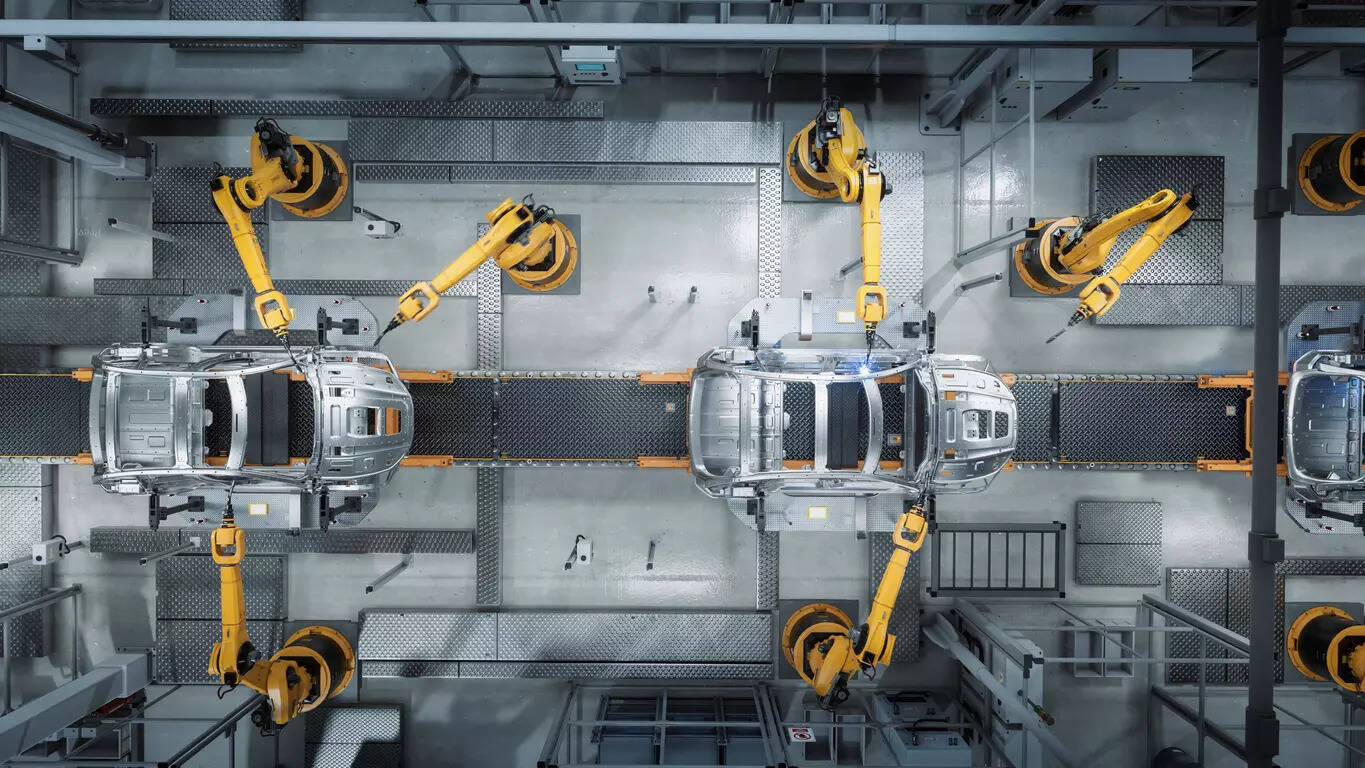
Tamil Nadu is top of the heap when it comes to electric vehicle investments, but where does the state stand in terms of EV sales? Although it is one of India’s top 5 EV markets, TN ranks No 4 and is significantly behind the top three (Uttar Pradesh, Maharashtra and Karnataka) in sales, says a recent study by CEEW-CEF. TN actually has the lowest EV penetration among the top five EV market-states (see table).
However, the EVs sold in TN are higher priced two- and three-wheelers, whereas 86% of UP’s EV sales and 33% of Rajasthan sales are e-rickshaws. For TN and Karnataka, two-wheelers account for 90% of EV sales and for Maharashtra 84%. While EVs comprise just 3.5% of overall two-wheeler sales in TN – against Karnataka’s 6.2% or Maharashtra’s 4.6% — EVs make up 12.7% of TN’s three-wheeler sales, marginally higher than Karnataka’s 12.5%.
In other words, TN’s EV sales are in higher value products in which local companies have a stronger presence. And the recently announced EV policy, with its subsidies for locally made products, will improve overall sales too, say industry sources.
Unsurprisingly, top EV makers with a manufacturing base in Tamil Nadu are ramping up for a race. “The market acceptance for premium electric two-wheelers in Tamil Nadu has been encouraging. Ather delivered more than 8,500 vehicles from April 2022 to February 2023, with Chennai, Coimbatore, and Trichy leading the way. We grew 223% year-on-year in February 2023, capturing a 23% market share in the state. We have 19 stores and more than 180 charging grids. We opened our second manufacturing facility in Hosur in November of last year, increasing capacity to 420,000 units a year,” says Nilay Chandra, head-sales, Ather Energy.
Ampere (Greaves Electric Mobility) is also betting on subsidies for locally made vehicles. “In 2021, we inaugurated our largest EV production facility in Ranipet and can raise production to 1 million units a year. We have sold around 18,800 electric two-wheelers in Tamil Nadu, and our registered electric scooter count in the state is the second highest,” says Sanjay Behl, CEO & ED, Greaves Electric Mobility. The EV policy will add fuel to the current run because so far the state was functioning without consumer subsidies, he says.
“Recently, the government launched a policy focusing on manufacturing of EVs, components, battery swapping centres, and charging infrastructure. This will catapult Tamil Nadu as one of the leading markets for EV sales in India,” adds Behl.
Sohinder Gill, director general, Society of Manufacturers of Electric Vehicles, says, “The special state incentive for commercial sales is going to boost B2B sales and road tax exemption extended till 2025 will further support EV growth. That the demand incentive is restricted to OEMs based in TN is slightly dampening.”
Companies without a local production footprint are ramping up the sales network. Jeetender Sharma, founder MD, Okinawa Autotech, says, “We have 50 dealers and have crossed the milestone of 250,000 units sold in the country. TN accounted for around 9% of these sales.”
EV marketers say the new policy push will also open up mass transportation to e-mobility. UP and Maharashtra have a 11% and 15.4% electric penetration in buses whereas TN’s share is zero. Mahesh Babu, CEO Switch Mobility (the electric arm of Ashok Leyland), says, “The new policy will accelerate EV penetration in the bus market, which is expected to be around 20% by FY27, enabling Tamil Nadu to be one among the top three states in leading the EV revolution in India.’’
And as EV sales pick up, charging infrastructure is spreading out. Raghav Arora, co-founder & CTO of charging company Statiq, which has set up 7000 chargers in 12 states, says, “From cities such as Vellore and Chennai we are going to spread, covering tourist spots such as Tirupati.” This network, he adds, will connect with cities such as Bengaluru and Hyderabad for a southern network.